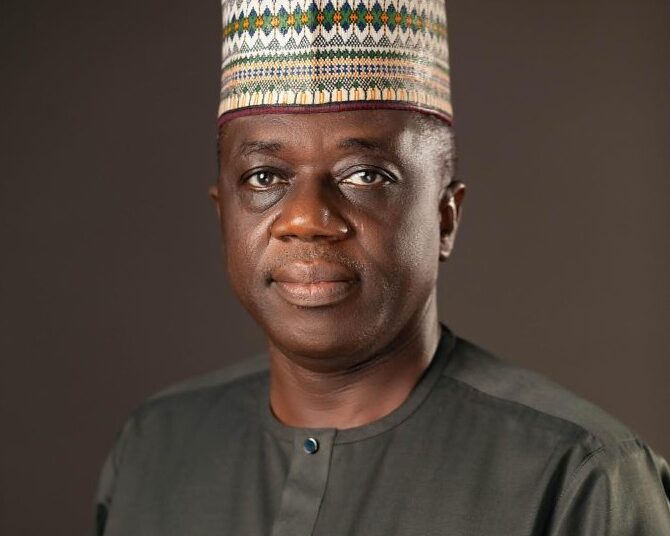The recent retreat of the Revenue Mobilisation Allocation and Fiscal Commission (RMAFC) reopened the familiar debate about the nation’s fiscal structure and much more.
At the three-day gathering in Uyo, Akwa Ibom State, RMAFC, the body that shapes the revenue sharing regime, decried the prolonged use of the current revenue sharing formula, which has remained unchanged for 16 years. It proposed a five-year periodic review of Nigeria’s revenue allocation formula, which is in line with constitutional provisions and reflects current economic realities.
Other issues it advocated are a constitutional mandate to direct allocations from the Federation Account to local government areas, in compliance with the Supreme Court judgment on local government financial autonomy; creation of a National Revenue Dashboard to interface with all revenue-generating agencies for real-time, digital monitoring of revenue inflows; and separation of the
Office of the Accountant-General of the Federation from that of the federal government, with a recommendation that the former be domiciled within the RMAFC as an independent federal agency.
For the record, Nigeria’s current revenue sharing formula gives the federal government 52.68 per cent, state governments 26.72 per cent, and local governments 20.60 per cent. Additionally, a 13 per cent derivation fund is allocated to oil-producing states. That’s the vertical arrangement.
There is also horizontal allocation, especially for states and local governments, based on the following principles: equality: 40 per cent of the states’ share is divided equally among all 36 states; population: 30 per cent of the states’ share is allocated based on population; and Land Mass: A portion of the state share is allocated based on landmass. Internal Revenue Generation (IGR): A portion of the states’ share is allocated based on the states’ IGR.
Others are social development, in which a portion of the states’ share is allocated based on social development factors; derivation, in which oil-producing states receive a 13 percent derivation fund from oil revenues, in addition to their share of the Federation Account.
Value Added Tax (VAT) Allocation: The federal government keeps 15 per cent of this revenue, states share 50 per cent among themselves and local governments 35 per cent.
The suggestion that the revenue sharing formula should be redesigned is not bad. Regularly tweaking fiscal structure to reflect the realities of the times will not be out of place, especially when done in a way that guarantees every part of the country an equitable sense of belonging.
We are not unaware of the long debate surrounding the benchmarks that produced the sharing formula. The tense conversation revolves around fairly distributing national resources among the federal, state, and local governments. It resurfaced during the Tax Reform Bills debates. This is the beauty of democracy: the audacity to robustly and pragmatically engage the spectrum of views derived from the nation’s socio-economic experiences.
Nevertheless, Nigeria’s fiscal regime’s judicious and responsible application remains the central crisis point. In an environment where the political elite is fixated on access to the commonwealth for purely personal purposes, the prospects of exacerbated fiscal recklessness, regardless of the rightness of the sharing formula, are real and worrisome.
Since 1999, while tales of looting public funds by politically-exposed people, heads of parastatals, public servants and agencies have been on the ascendance, pillaging at the state level has become legendary. There isn’t any sign of slowing down, much less of remorse.
Of course, the National Assembly isn’t different from the constant budget padding allegations that have almost become a mainstay of the legislative body. It bears to argue that the prevalent sharing formula, if responsibility followed, despite its imperfections, would deliver far beyond the utter misgovernance that has been the lot of the country for decades.
Looking ahead, however, fiscal rascality in project or policy conceptions must stop. The age-old agitation for plugging financial loopholes and arresting system wastage must be adhered to.
Governments must cut the cost of governance in realistically to release resources urgently needed for meaningful development.
The talk about moving beyond crude oil as the nation’s primary revenue base has become jaded. The authorities need to revisit that conversation and desperately begin a change in the desired direction.
Similarly, states must be more proactive and innovative in their internal revenue drives. However, the key is to demand a reset of the federal system to make the federation more financially viable in line with the fine points of democratic principles.
In our opinion, fiscal responsibility is sacrosanct, if any sharing formula is to produce the desired end which are security, quality education and health services and working infrastructure.





